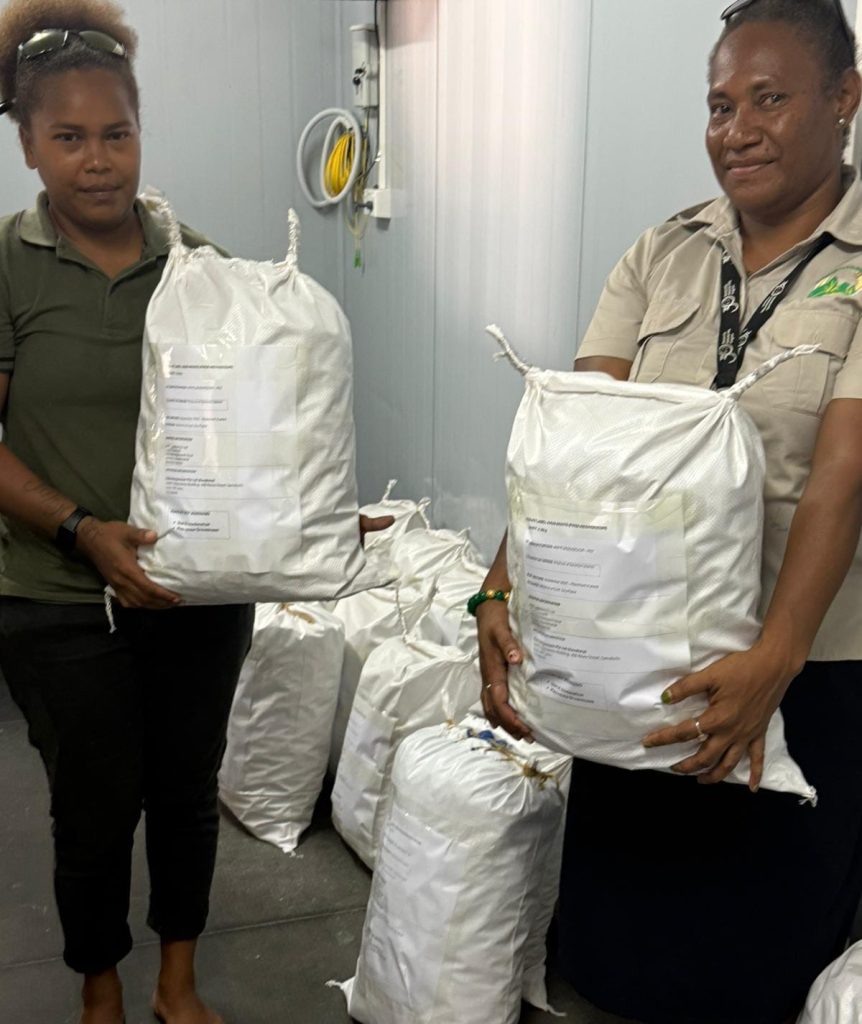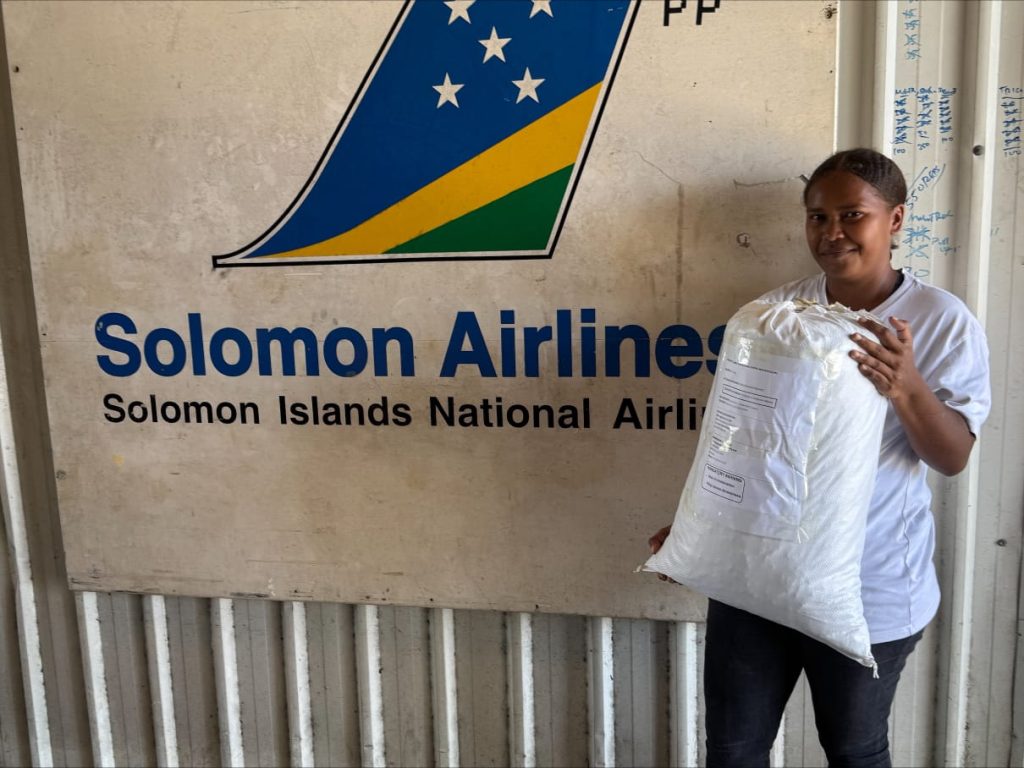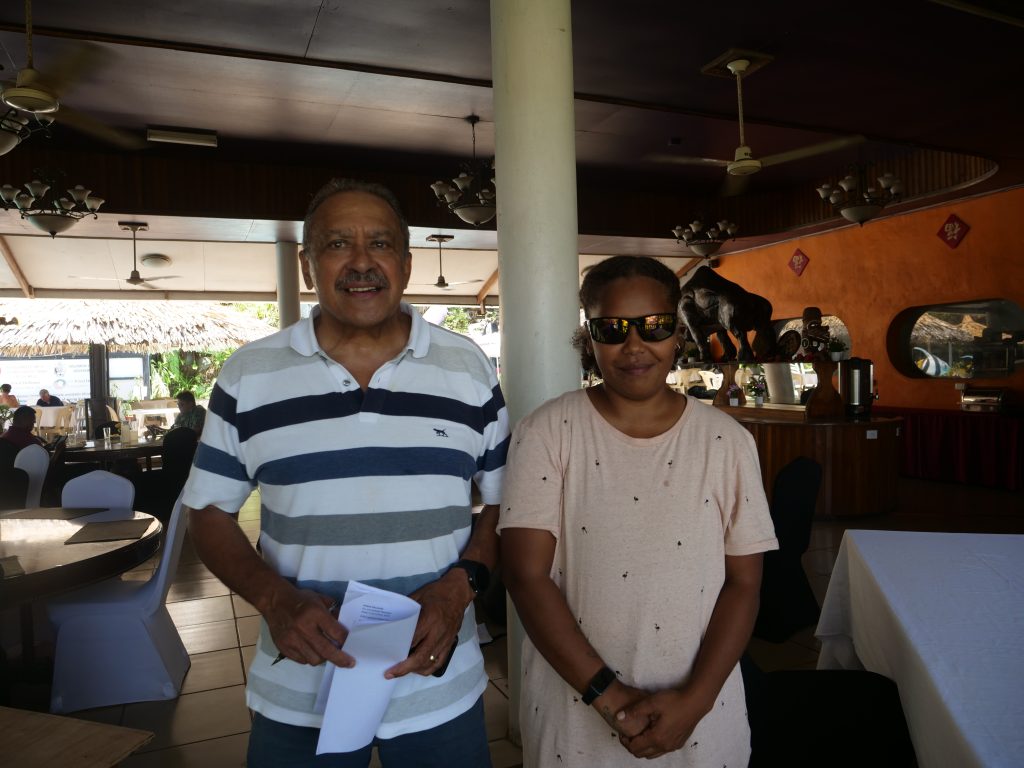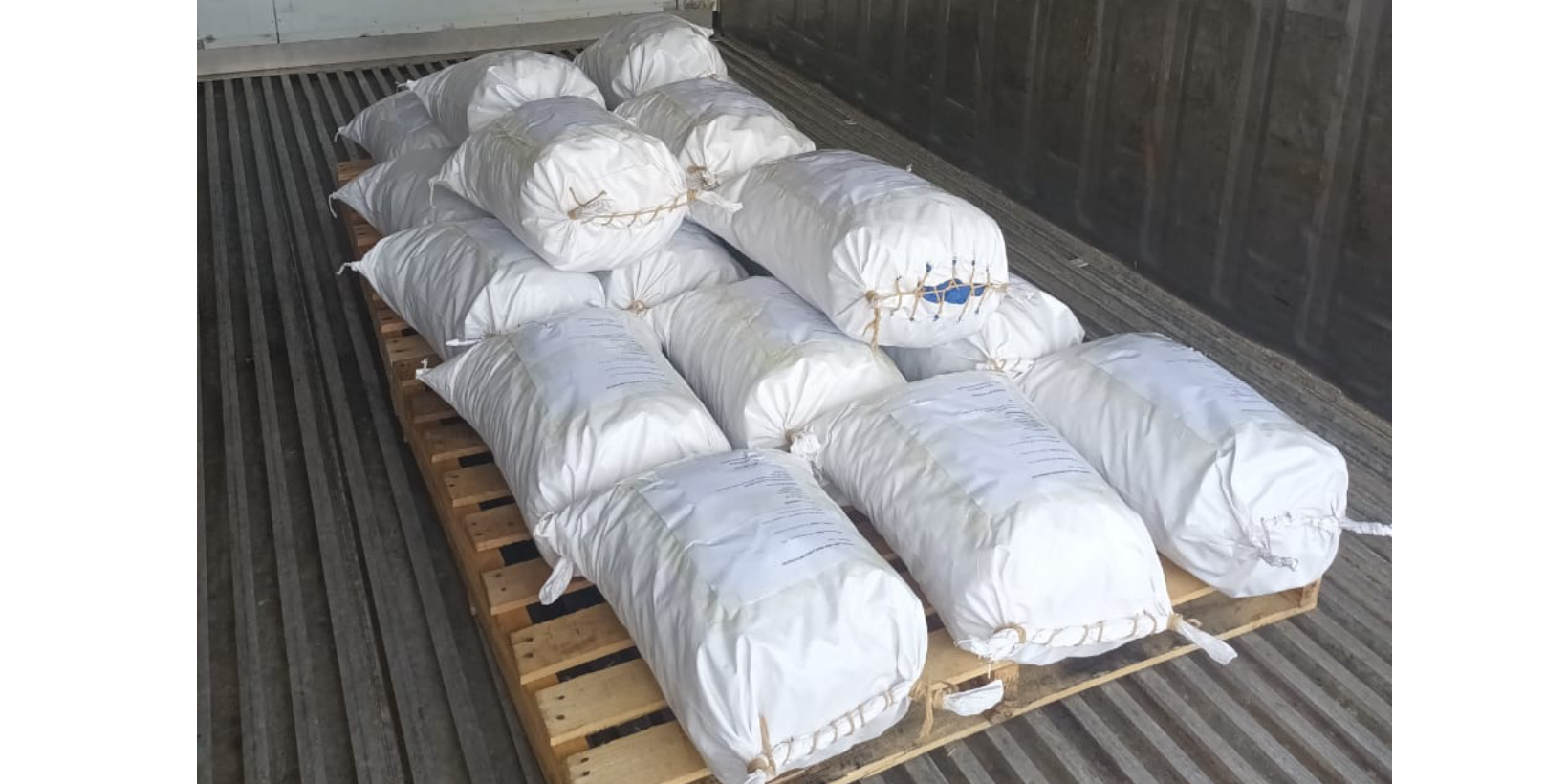ICSI Logistics Company Limited has announced the successful preparation and export of the first commercial airfreight shipment of dried kava roots and chips from the Solomon Islands to Fiji, scheduled to depart on Saturday 8, November 2025.
The export follows Fiji’s decision to open market access for Solomon Islands kava, a move welcomed by local producers and exporters.
ICSI Logistics, working with farmers and intermediaries in Temotu and Malaita provinces, moved quickly to take advantage of the opportunity.
The company had earlier made history by exporting the first commercial consignment of dried kava to Australia.
The new export to Fiji marks another important milestone for the country’s developing kava industry.
Laboratory tests show Solomon Islands kava is of high quality, with a total kavalactone content of 11.8 percent, higher than many other Pacific varieties. This gives the Solomon Islands a strong position in both regional and international markets. The trade is expected to bring much-needed income to rural farmers and increase foreign exchange earnings for the national economy.
ICSI Logistics spokesperson Gerry Elbourne said the company is proud to lead the way in promoting Solomon Islands kava on the regional stage.

“This export marks a new chapter for our local farmers and for the Solomon Islands as a whole,” Mr Elbourne said.
“We’ve proven that our kava is among the best in the Pacific, and we’re committed to building a transparent and sustainable industry that benefits everyone involved.”
Despite the positive developments, Mr. Elbourne said several challenges remain.
High domestic and international freight costs continue to affect competitiveness, and the company is calling on Solomon Airlines and local shipping firms to review their rates to help the growing export sector.
The high cost of transporting goods from the provinces to Honiara also limits supply capacity.
He said ICSI Logistics is currently in the process of filing a formal report with police against an intermediary who allegedly failed to deliver kava after receiving payment over 100 days ago.
Similar cases have reportedly affected other buyers, including members of the Solomon Islands Kava Association.

Mr. Elbourne said dishonest practices like these damage international confidence and could hurt the country’s reputation as a reliable supplier.
Another challenge involves Fiji’s current requirement that all kava exports be fumigated before shipment, a costly process not required by Australia.
Mr. Elbourne urged the Solomon Islands Government to engage with Fijian authorities to review the regulation and to strengthen domestic shipping and airfreight infrastructure to support exporters.
He added that ICSI Logistics remains focused on building long-term partnerships with farmers and communities to expand production.
“We encourage all farmers to return to their plantations and replant kava,” Mr Elbourne said.
“If we continue working together over the next few years, kava can become one of the Solomon Islands’ most profitable cash crops, even surpassing many traditional exports.”
By George Maelagi
Solomon Star Online









